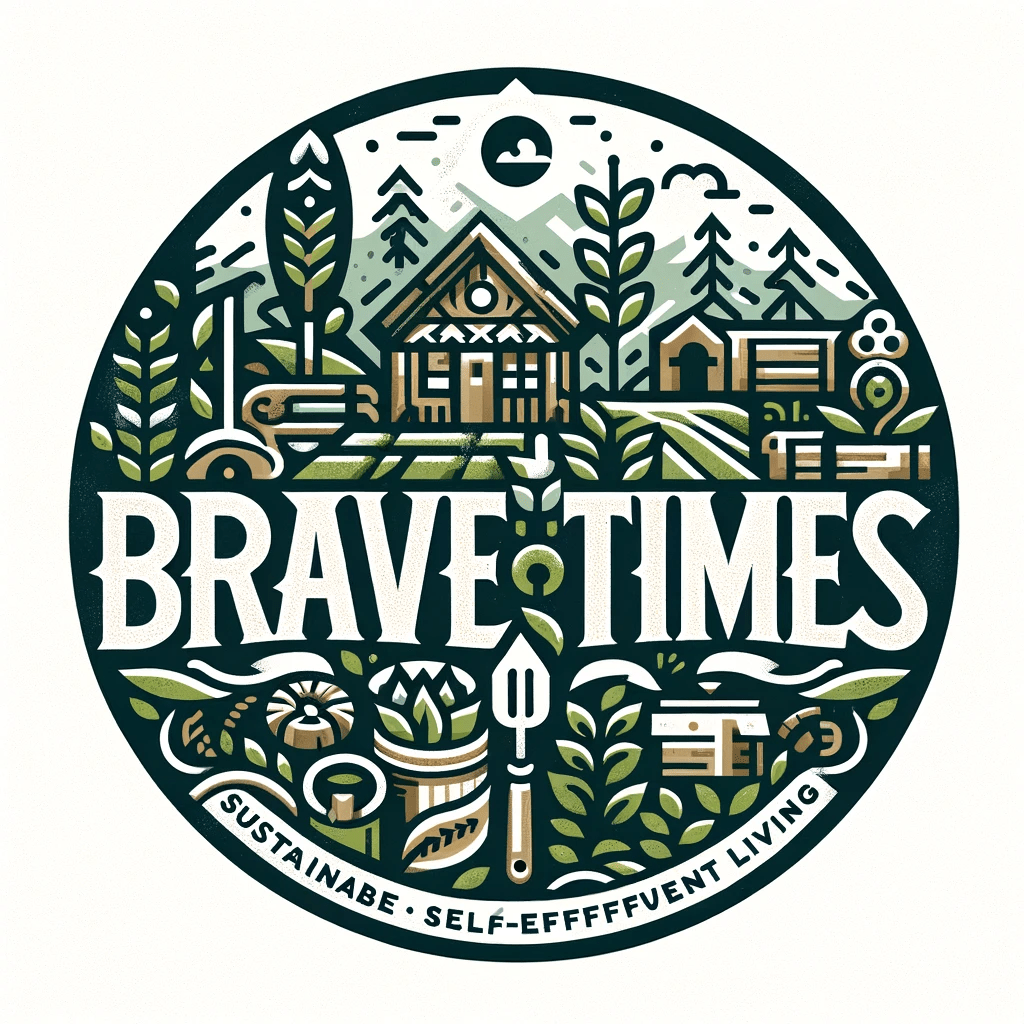The Sustainer’s Guide to the Galaxy: Exploring Low-Impact Living in a High-Impact World
In a world increasingly burdened by environmental challenges and economic uncertainties, Sustainable Living in an Unsustainable World emerges as a beacon of practical wisdom and resourceful living. This website is a homage to the Renaissance man ethos, celebrating the art of self-reliance through a blend of traditional know-how and innovative approaches to modern challenges.
At its core, this platform is a treasure trove of knowledge for those aspiring to a sustainable lifestyle. From constructing functional items out of scrap materials to mastering the art of organic gardening, each section is crafted to empower individuals to make impactful, positive changes in their daily lives. Our content not only educates but also inspires action, bridging the gap between knowing and doing.
Gardening is a significant focus area. We delve into techniques for growing your own food, regardless of the space available. Whether it’s a small urban balcony or a sprawling rural backyard, our guides cater to every scenario. Complementing this, we explore composting methods to turn kitchen waste into garden gold, closing the loop in the food cycle. For those with a penchant for homesteading, we offer insights into raising chickens, an endeavor that provides not just fresh eggs but also valuable lessons in sustainable animal care. Similarly, our sections on soap making and other DIY household products advocate for a chemical-free home, reducing reliance on industrial products.
Being a penny pincher is a virtue here. We share tips on how to stretch your dollar further while reducing your environmental footprint. From upcycling ideas to energy-saving techniques, every suggestion is geared towards a frugal yet fruitful lifestyle. Sustainable Living in an Unsustainable World is more than just a website; it’s a community for like-minded individuals who believe in making a difference, one sustainable step at a time. Join us in this journey towards a more self-sufficient, environmentally conscious, and fulfilling way of life.


6 Responses
I went into my reading with a whirlwind of hope, prepared to be handed a toolset of insightful adjustments that could fit comfortably into my current urban lifestyle! Alas, I found myself lost amongst DIY homesteading activities. How many of us actually have access to the space and circumstance to garden extensively, raise chickens or make our own soap? It seems to me that socio-economic and geographical realities are being widely ignored. Capitalizing on ‘trendy’ sustainability tasks without due consideration for the actual actionable scope is a troubling facet of representation in this ‘guide’. Where’s the takeaway for those of us in larger cities with 9-5 grind, roaring rents, and far less access to such ventures?
I understand your concerns about the applicability of these practices in urban settings. However, the piece does mention growing food in small urban balconies, composting kitchen waste, and making DIY household products. These are all actions that can fit into an urban lifestyle. The goal is to start somewhere and do what we can within our means.
It’s all very well romanticizing sustainable living in this way, but the scope seems somewhat narrow. Noteably, focusing primarily on DYI activities can easily be misconstrued as a comprehensive guide to eco-friendliness. There are infinitely many ways to live more environmentally conscious and it seems disheartening that the content seems to largely tunnel in on reprint today’s well-circulated homesteading methods. While reducing, reusing, and recycling are consistently relevant Merlyn-tier wisdom, I think their subjects are noticeably absent from this platform in significant ways in favor of niche engagement.
As a gardening enthusiast drawn to sustainable lifestyle practices, I find the focus on organic gardening resonates with my own values and goals. It’s great this platform isn’t limited to individuals with large garden spaces, but tactfully encompasses urban spaces as well. However, it would go the extra mile by incorporating more on permaculture practices for food growth and soil enrichment. The emphasis on composting techniques simply hits home for me.
What captured my interest was the site’s practical approach to sustainable frugality. It’s refreshing to witness a perspective that doesn’t perceive penny pinching as an impediment, but rather highlights it as a virtue. The ideas for upcycling, energy-saving, and minimalistic living appeal not only for economic security but also to nurture our planet. I believe this is how we make sustainable living more achievable, accessible and mainstream.
I couldn’t agree more! The site’s approach to sustainable frugality is both innovative and practical. It shows how adopting a frugal lifestyle not only helps our wallets, but our planet too. I also appreciate how it makes sustainable living seem more accessible and achievable for everyone. It’s a great resource for those of us aiming for a more sustainable lifestyle.